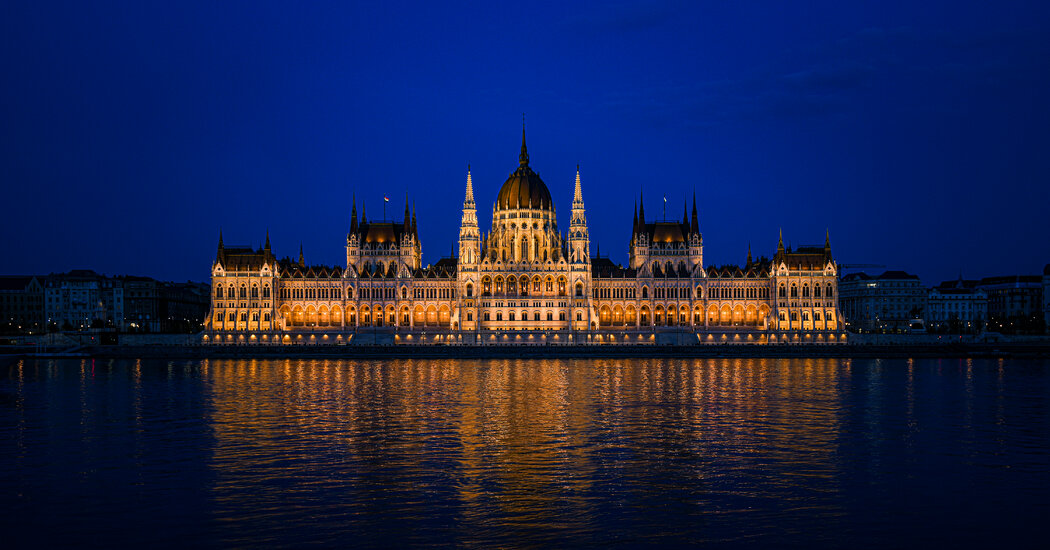In early April, when my flight arrived at Ferenc Liszt International Airport, László Borsos was waiting for me at the arrivals gate. I hadn’t seen the man in 28 years. I scanned the crowd and found him standing there with a wild grin on his face, his glasses dangling elegantly over a white collared shirt.
After a quick hug, and with a wave of his hand, he gestured for me to hurry along; he was parked just beyond the sliding glass doors. And so, feeling myself slip back into an old habit, I threw my duffel bag over my shoulder, shook my head in disbelief and did what for four years as a child had been part of my daily routine: I followed him outside for a ride through Budapest.
It would be nearly impossible to overstate how dramatically the course of my life changed when my family moved to Hungary in the early 1990s. Both of my parents grew up in Ohio — my mother in a poor corner of Youngstown, and my father in a middle-class neighborhood in the sleepy town of Dover. When I was born in 1985, the last of three children, we lived in a small split-level house in Austintown, a suburb of Youngstown. My dad, one of the few people in my extended family with a college degree, was 11 years into a promising but as-yet unexceptional career as a finance manager at General Electric. Neither of my parents had ventured far from their childhood circumstances.
In 1989, though, as political reforms swept through Central and Eastern Europe, General Electric strode into Hungary and purchased a light-bulb manufacturer, Tungsram, then one of the country’s largest and most iconic brands. The acquisition, orchestrated by Jack Welch, made for front-page news — and my dad, riding the wave of a stunning historical moment, accepted an overseas assignment to help introduce capitalist practices to a business with a long-running communist past.
We arrived in Budapest in the summer of 1990 — with my grandmother improbably in tow — to find our reality entirely transformed. My brother, sister and I were enrolled in an international school, where, unlike in suburban Ohio, our classmates’ nationalities spanned the globe. My parents, who until then had barely left the United States, were soon shepherding us on trips to Krakow, Madrid, Rome. We bought a brand-new Volvo station wagon. And perhaps most lavish of all, which to my parents must have been a comically unfathomable luxury: General Electric hired us a driver — a man named László, who arrived each morning in his…
Click Here to Read the Full Original Article at NYT > Travel…
